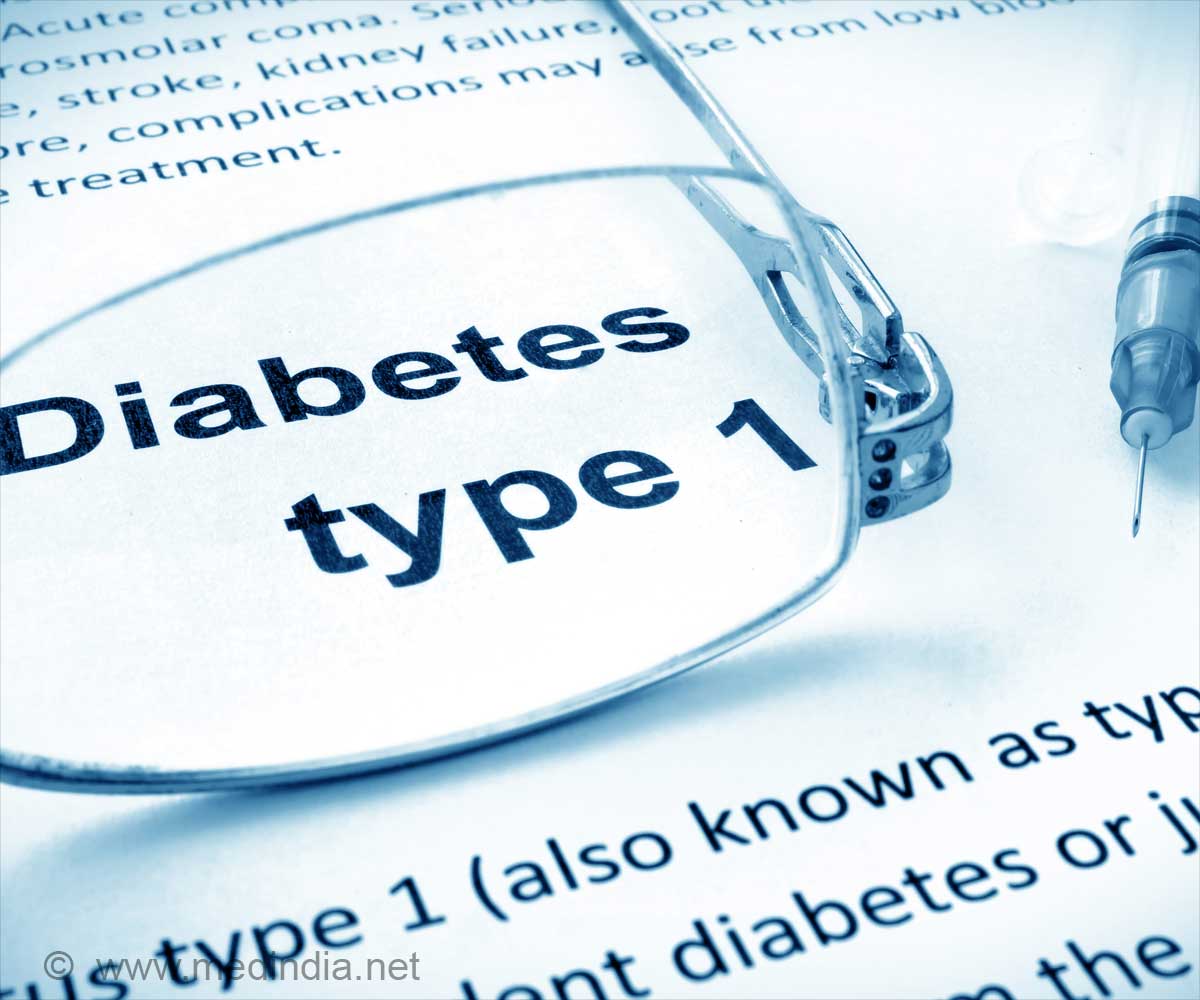What are the latest advancements in type 1 diabetes treatment? Breakthroughs like Donislecel and Teplizumab offer hope for better management and possible cures!

- Type 1 diabetes is a lifelong condition, but with proper care, it can be managed effectively
- Innovations like Donislecel and Teplizumab show promise in improving life quality and delaying diabetes progression
- Regular monitoring and advanced technologies like CGMs have made type 1 diabetes management easier but also more expensive
Diabetes Mellitus (DM) is a complicated metabolic condition marked by persistent hyperglycemia (high blood sugar level). Type 1 diabetes (T1D), like type 2 diabetes, is on the rise, albeit not in the same proportion, with a 3-5% annual increase. India has three new incidences of T1DM per 100,000 children aged 0-14 years (1✔ ✔Trusted Source
Type 1 diabetes in India: Overall insights
). Prediabetes is the period preceding the beginning of T1DM, which provides a possibility for early treatment. It is now an epidemic and a silent killer in India.
Advertisement
What is Type 1 Diabetes?
Dr. Rajiv Kovil, Head of Diabetology at Zandra Healthcare and Co-Founder of Rang De Neela Initiative, explains why type 1 diabetes destroys the pancreas’ beta cells, preventing insulin production. Type 1 diabetes can be caused by genetics, autoimmune causes, menopause-related hormonal imbalances, and stress.
Advertisement
Symptoms of Type 1 Diabetes
He explained, “Type 1 diabetes might be autoimmune or idiopathic. It is a lifelong disorder that produces symptoms such as excessive thirst and urination, accidental weight loss, exhaustion, vaginal yeast infections, and poor wound healing. High blood sugar levels caused by unmanaged diabetes have an impact on one’s entire well-being, including lasting damage to the nerves, eyes, and gall bladder, as well as diabetic ketoacidosis (DKA), a serious issue affecting diabetics. Symptoms of DKA may include fast breathing, dehydration, headache, flushed face, inability to concentrate, nausea, and vomiting.
Advertisement
Complications of Type 1 Diabetes
Dr. Rajiv Kovil noted, “Moreover, a diabetes-related coma can be caused by very high blood sugar (hyperglycemia) or very low blood sugar (hypoglycemia).” Uncontrolled diabetes can result in a diabetic coma, unconsciousness, and death. Type 1 diabetes is tough to control and requires expert supervision as well as extensive emotional and psychological support from family and caregivers. High diabetes necessitates regular follow-ups, check-ups, and lifestyle changes. Those with type 1 diabetes should test their blood sugar levels on a regular basis and take the medications suggested by their doctor.
Management of Type 1 Diabetes
Most persons with type 1 diabetes can manage their sugar levels within a few months to years of diagnosis. Dr. Rajiv Kovil said, “A person with type 1 diabetes usually trains and educates himself about the disorder and eventually becomes self-sufficient and independent.” They require annual checkups to watch for problems. Treating type 1 diabetes has been slightly easier in the recent decade thanks to advances in technology such as continuous glucose monitors (CGMs) and sensor-augmented insulin pumps, but these therapies are also more expensive.
Breakthrough Medicines For Type 1 Diabetes
Dr. Rajiv Kovil noted that several innovative medicines for type 1 diabetes:
Donislecel:
Marketed as Lantidra, it is a cellular therapy drug used to treat type 1 diabetes. Donislecel is an allogeneic (donor) pancreatic islet cell treatment derived from deceased donor pancreatic cells. This novel medicine, which has been approved by the US FDA for the treatment of adults with type 1 diabetes who experience recurring low blood sugars, may allow some patients to stop using insulin (2✔ ✔Trusted Source
Donislecel-the first approved pancreatic islet cell therapy medication for type 1 diabetes: a letter to the editor
).
Teplizumab:
A monoclonal antibody, it delayed the emergence of clinically diagnosed stage 3 type 1 diabetes by a median of roughly 2 years. Teplizumab has been approved by the FDA for individuals aged 8 and up with stage 2 disease (3✔ ✔Trusted Source
Teplizumab: A Disease-Modifying Therapy for Type 1 Diabetes That Preserves β-Cell Function
).
Dr. Rajiv Kovil said, “Some of these innovative medicines can change the course of type 1 diabetes and may, in the future, provide a cure. The future of type 1 diabetes treatment appears to be quite promising, with a cure expected within a few years. Till then, follow the doctor’s directions and monitor your blood sugar levels at regular intervals. “Take regular tests and live happily with type 1 diabetes.”
References:
- Type 1 diabetes in India: Overall insights – (https://pubmed.ncbi.nlm.nih.gov/25941645/)
- Donislecel-the first approved pancreatic islet cell therapy medication for type 1 diabetes: a letter to the editor – (https://pubmed.ncbi.nlm.nih.gov/37450257/)
- Teplizumab: A Disease-Modifying Therapy for Type 1 Diabetes That Preserves β-Cell Function – (https://pubmed.ncbi.nlm.nih.gov/37607392/)
Source-Medindia



